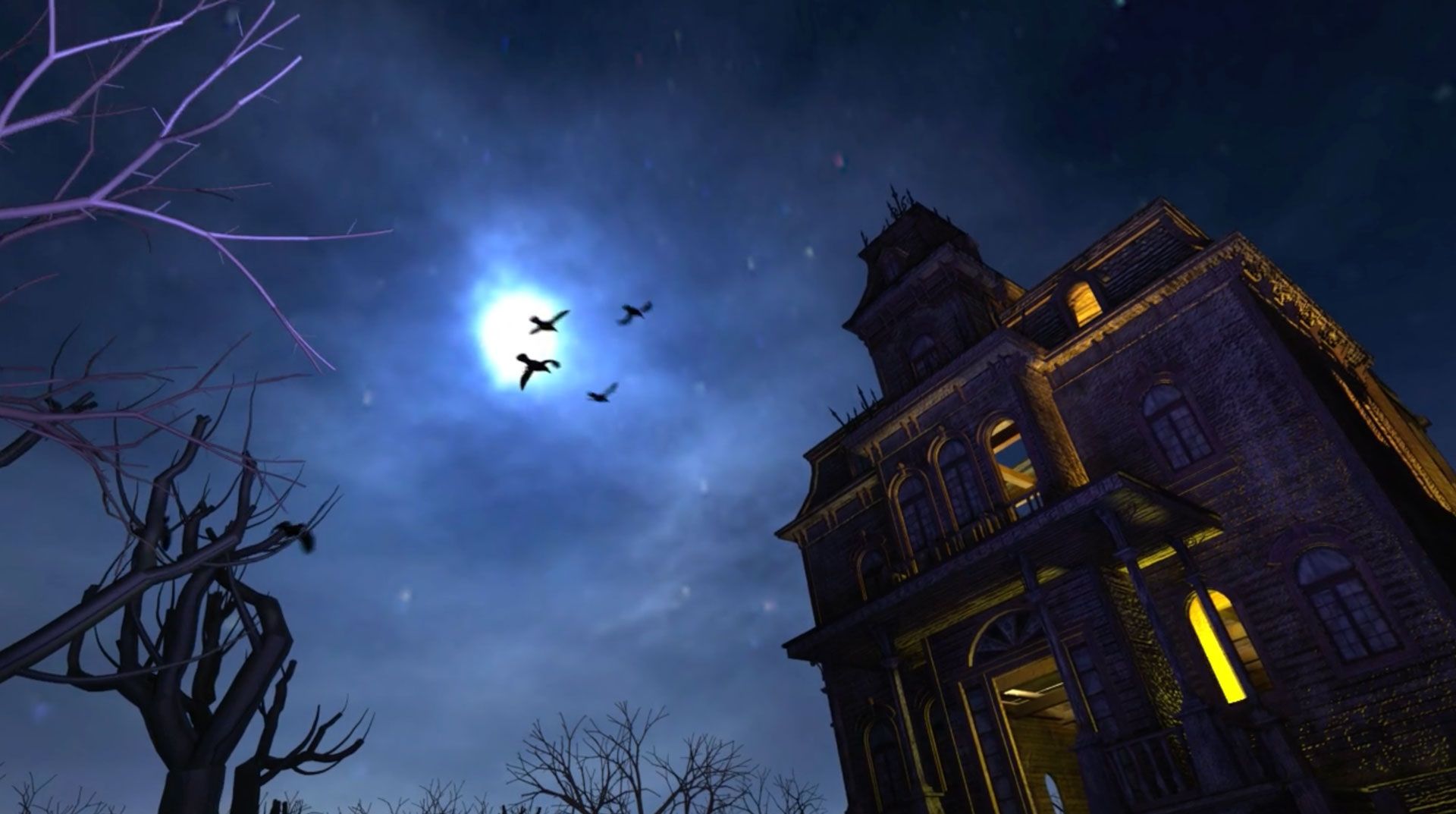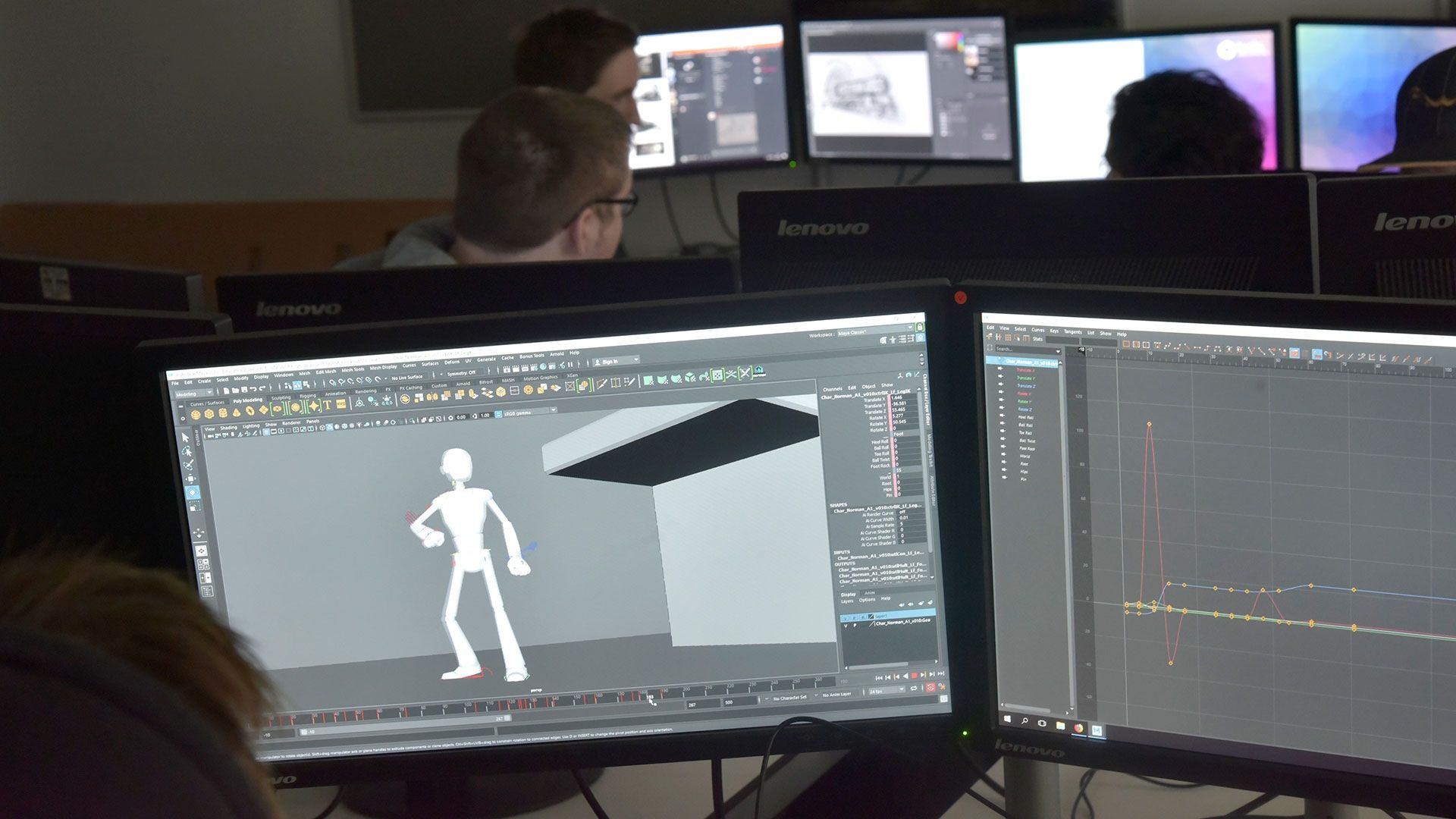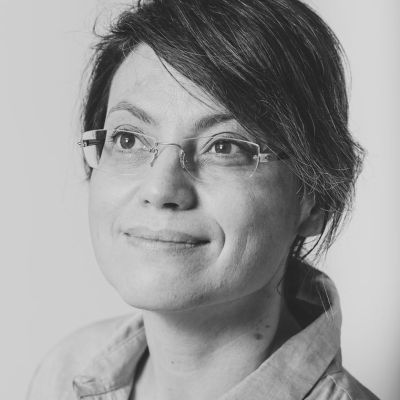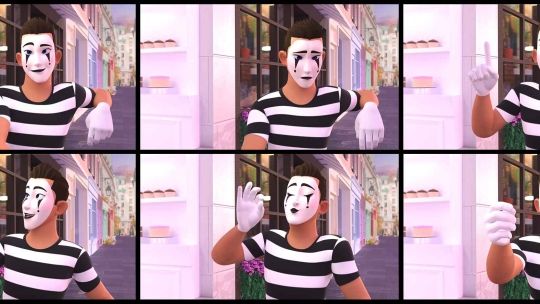BA (Hons) Animation (Online)
- Study Mode: Full Time
- Location: Distance Learning
- Duration: Three Years
- Start Date: September 2024
You can also study this course:
Do you have a passion for animation? Do you want to develop your skills ready for a career in this industry? On this very practical course you’ll cover a range of areas using up-to-date software, with the support and guidance from our experienced lecturers.
Our creative briefs and projects will help you bring to life stories through the form of animation and upon graduation make your portfolio shine.
The processes I learnt at BNU, I now use every day at work. BNU is an amazing uni, which creates an easy environment to learn in. It just lets you focus on you and your development as a person before heading into the real world.Alexandra Young

Why study this subject?
Whether it is 2D, stop-motion, 3D hand-drawn or computer-generated animation, a skilled animator can create the illusion of real life and all roles call for high levels of creativity and passion for storytelling. Digital animation is an established but continually evolving and growing discipline that is currently employed in many different areas of the media industry, including film, television, games and commercials. This course offers you an opportunity to study key concepts and technical skills in Animation with a strong focus on professional practice.


Why study at Buckinghamshire New University?
At Buckinghamshire New University we focus on preparing you for work in the industry, helping you to stand out to employers when you graduate. With the right teaching and learning opportunities, it’s possible to turn your passion for animation into a rewarding and successful career.
Led by our enthusiastic and dedicated team of industry-savvy practitioners and experienced academics, you will have the freedom to explore all areas of animation. During your time with us you may also get access to guest lectures and could benefit from live project briefs and masterclasses.
You'll be studying a completely practical course – we focus on what you need to know for a career in animation; you’ll keep a reflective journal and learn to give presentations like the professionals. From expressiveness, to bringing a character to life you’ll be hands-on in gaining the skills you need.
At BNU we offer small classes across the board, meaning you gain a close-knit community and plenty of one-on-one contact and support with your tutor. Despite this course being delivered online, we offer various study channels and chat channels so you will be supported and feel a part of the wider BNU community when studying with us.
What facilities can I use?
You will use our AppsAnywhere web service to access to many of the software applications you’ll use for learning and studying. This includes:
- Maya
- Nuke
- Adobe Creative Cloud
- Renderman
- Substance
- ZBrush
You’ll also be able to remotely access our VDI, which is a powerful computer that will give you access to both sufficiently powered hardware and the software relevant to the course.
Most of our 3D animation is currently done in Maya. For modelling you’ll use ZBrush, Marvellous Designer and a range of other pieces of software commonly used in industry. We review the list every year.
You’ll also be invited to join additional online groups where you will be able to meet the other students taking our animation, visual effects, game art and visualisation courses, both MA and BA, online and attendance. These help to foster a sense of community and are also places where extra-curricular collaborative projects, such as game jams, take place. You will also be able to meet our alumni in these broader forums. All forums are moderated by the lecturers.
What will I study?
The course covers everything you need to know to be career-ready upon graduation. Starting with the fundamentals, you’ll learn the basics of animation, visual effects and games art. You will begin to animate in a believable manner and get a feel for pre-visual narrative and layout.
Throughout this course, you will also learn how to create detailed models from scratch through to lighting and rendering. You’ll also explore different aspects of the animator’s role. You’ll create stop motion sequences, experiment with different styles of animation and learn about 3D character acting.
Opportunity modules are a key part of the BNU curriculum. You’ll choose modules in your first year from a broad selection in areas such as sustainability, entrepreneurship, creativity, digital skills, personal growth, civic engagement, health & wellbeing and employment. Opportunity modules are designed to enable you to develop outside the traditional boundaries of your discipline and help you to further stand out from the crowd to future employers.
By your final year, you’ll be working on projects to build your showreel for entry into employment in this exciting industry. You will also have opportunities to collaborate with students on other creative courses at the university.


How will I be taught and assessed?
Our BNU teaching team are industry-professionals, with years of experience working in the sector and training future generations of animators. Through their support and the course you’ll gain the skills and knowledge you need within the industry.
You’ll spend time learning and practicing the skills required by each unit before undertaking summative assessments the form of projects which will enable you to apply and combine their newfound skills together in a meaningful way while tackling tasks commonly found in the industry.
You’ll be taught via online classes and 1:1s supported by a virtual learning environment (VLE) which will serve as a repository for course materials and other essential information such as assignment briefs, in line with university policy.
You will be given access to synchronous sessions each week of termtime with a lecturer who will be online throughout. During these sessions, you will also have the opportunity to ask questions and get real time responses and feedback from lecturers and other learners. Normally these will begin with a group seminar or demonstration and then break into 1:1s where you will have the opportunity to discuss your individual progress directly with their lecturer. Sometimes these seminars will be used for presentations and review in a manner that mimics the dailies process in industry.
In addition to this there will be video based lecture content focused on the demonstration of essential skills and clarification and expansion of key concepts and techniques. This will be facilitated via the online learning platform, where you will be able to access a set of recorded lectures which will be an average of 10 minutes in length. These will be delivered as appropriate to each individual module.
Other learning techniques that will be employed appropriately to the situation include:
- Demonstrations for new techniques
- Group work
- Video feedback
- Peer review
- Use of books, magazines, video and online resources
- Research methods
You will regularly be set formative tasks related to the weekly content or be working towards your own project objective as agreed with the lecturers. This will enable you to apply your learning in new contexts. You will also be able to submit your work for asynchronous formative review from the lecturer which will be delivered as a video commentary on your work.
You will also be expected to join a closed online group where you will be able to discuss the work and ask questions throughout the week. It is expected that both lecturers and students will contribute and answer questions. This will also be a place for you to post your work for peer discussion and review.
Assessments will be largely practical coursework along with critical analysis and evaluation which will come mainly in the form of essays and presentations. The practical elements will mimic the kind of work that junior artists will carry out in industry, as far as reasonably practicable.
What are the course entry requirements?
A typical offer will require a UCAS tariff score of: 88 - 112
UCAS points can be obtained through qualifications such as A levels, T levels, BTEC or an Access to Higher Education course in a relevant subject. Please list all your qualifications on the application form as you will be asked to provide copies when we receive your application.
A minimum of two full A-levels (or equivalent) is required and a typical offer also requires GCSE Maths and English at grade C/4. Every application is considered on an individual basis.
For further details of our international English entry requirements, please visit our international pages.
Applicants who do not meet the minimum requirements for the three-year undergraduate programme, or those who do not feel fully prepared for a degree course, can apply for a four-year programme including a Foundation Year; find out more.
Applicants will need to demonstrate portfolio work, further guidance is given below
Portfolio requirements
What are we looking for?
We want to see your best work, as chosen by yourself. You should select your favourite pieces and present these a format we can easily access, such as a pdf or mp4 sequence. Alternatively, you can link us to your own webpage which must be clearly identifiable as your own. When selecting your work try to convey a sense of who you are and what your interests are.
What sort of things could you include?
- We want to see the best of whatever you have done. While pieces of animation, visual effects and game art can be an advantage we are fundamentally looking for artistic sense / instinct which can be demonstrated in many other forms, including but not limited to:
- 3D Animation sequences
- 2D Animation sequences
- VFX sequences (done e.g. in After Effects or other similar software)
- A game level.
- 3D modelling – Renders or animated turnarounds of characters, environments, props etc.
- Photography – either traditional or digital.
- Life drawing
- Paintings
- Drawings / sketches.
- Sculptures.
- Digital art – e.g. created in Photoshop or other similar software.
- Short live action films or documentaries.
- Other - if you are in doubt contact the relevant course leaders.
How much should you include?
This depends on what you are submitting. If you have individual images / pictures / paintings, then no more than your favourite 12. If you have project work such as an animated sequence, a game level or short film then no more than your favourite 3 in mp4 format. If you wish to mix then 1 sequence = 4 images. So you could submit 1 mp4 sequence and 8 images on a pdf for example.
Any sequences should be preceded by titles showing your name and UCAS application number. Pdf should include the same at the top. Any physical formats should be carefully photographed or scanned and then compiled into a well presented pdf document. Remember how you present your work also says something about you so give this some thought and effort.
How to Submit your portfolio
Please send a link to your portfolio or email a PDF of your work to: steve.cassar@bucks.ac.uk.
Modules
This provides a guide of the modules that make up your course. You can find more information about how your course is structured on our Academic Advice section.
This course has Opportunity modules.
Opportunity modules are a key part of the BNU curriculum. You’ll choose modules in your first year from a broad selection in areas such as sustainability, entrepreneurship, creativity, digital skills, personal growth, civic engagement, health & wellbeing and employment. Opportunity modules are designed to enable you to develop outside the traditional boundaries of your discipline and help you to further stand out from the crowd to future employers. Find out more.
You must choose 2 x 10 credit Level 4 Opportunity modules from the Opportunity module catalogue.
What are the tuition fees
Home
-
Home, Academic Year 2024 - 2025: £7,700 per year
International
-
Overseas/International, Academic Year 2024 - 2025: £7,700 per year
What are my career prospects?
Throughout your time with us we’ll support you on the route to your chosen career. We’ll help you to develop crucial skills, encouraging you to become enterprising, employable and good leaders. We also help you find employment after graduation. Have a look at our Careers and Employability pages to find out more.
Our BA (Hons) Animation course will help prepare you for a range of career possibilities in any sector which requires the animator role. Our recent alumni have gone onto work for:
- DNEG
- ILM
- Framestore
- TT Games. (Warner Bros)
- Mediatonic Games
- FST
- Ubisoft
- Cinesite
- The Mill
- Airship Images
- Mediatonic
Graduates can also choose to study for a postgraduate course, such as our MA Advanced 3D Animation.
Graduates from BNU’s animation courses have gone on to work in all six of the major VFX houses in the UK, as well as a number of major games houses and smaller companies. We have had winners and runners up in the Grads In Games Competition, which have then led to jobs. Our learners have worked on major films, games and TV productions, including Avengers Endgame.
Course leader














